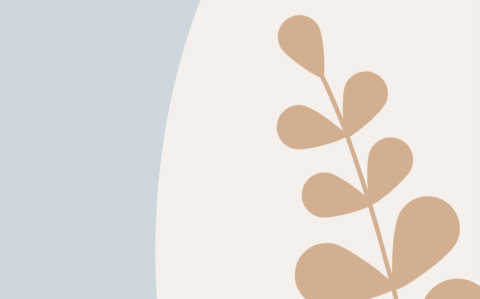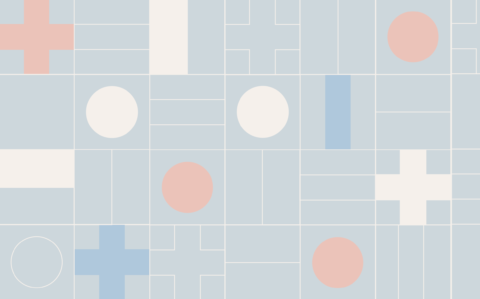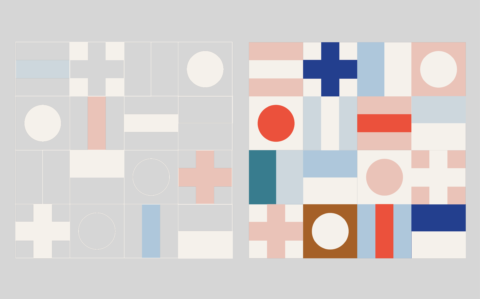Helpline and chat for women who have used violence or are at risk of using violence
There is a lot of shame and guilt associated with the use of violence, especially for women and mothers. Women who use violence to handle conflict situations often have low awareness of alternative approaches. Maria Akatemia’s violence prevention programme was developed to help women who have used violence, or are at risk of using violence. This includes intimate partner violence (IPV), and violence against children – including corporal punishment. Maria Akatemia, a non-profit organisation in Finland, has implemented the programme since 2003.
Women can speak openly about their problems with violence
The programme offers a space where women can speak openly to someone about their problems with violence. A confidential chat service is available Tuesday-Friday for a few hours a day, which his staffed by trained emergency operators. A helpline is available on Fridays from 12:00 to 14:00. The service can be reached by email when the helpline or chat is closed.
The women contacting the helpline and chat are often afraid that the professionals will report them to child welfare services if they disclose an act of violence against a child. If there is a child welfare concern, the professionals at Maria Akatemia are bound by the obligation to report in accordance with the social and health sector practices, and must contact social services and other necessary authorities, the emergency centre, or the police based on the conversation information. The cooperation with other service providers is essential for Maria Akatemia’s violence prevention programme, such as social and health care services, NGOs and parishes.
Women are invited to receive professional help to make a change
After the initial contact through the chat or helpline, the women are usually offered 3 individual counselling sessions with a therapist who is an expert in preventive violence. They meet either online or at Maria Akatemia’s offices in Helsinki or Tampere. Together, they survey the mother’s life situation, history, and look for ways to make a change.
Peer group sessions may also be offered, which meet once a week for a total of 15 sessions with one facilitator and eight participants. These groups help women to recognize that they are not alone with this problem. The facilitators use the “little girls’ stories” as a working method, which encourages every woman to connect to the little girl inside herself who has never been seen, heard, or considered sufficiently in their childhood.
All services are confidential and free of charge.
Counselling, peer groups, and having someone to turn to have helped many women to stop their violent behaviour
Currently, Maria Academy’s permanent violence prevention work includes:
- Naisenväkivalta.fi – helpline, chat, individual support discussions and peer support groups for adult women fully online
- Keijun varjo – chat, individual support discussions and peer support groups in person and online for girls and young women aged 15-28
In total, during the 20 years of operation, there have been about 4,000 contacts in all forms of preventive violence work in total. As an example, during 2023 in Naisenväkivalta.fi– and Keijun Varjo:
- Maria Akatemia received 577 contacts.
- 99 women met and received counselling with therapists.
- 366 women met and received counselling with specialist in preventive violence work.
- 162 women attended peer groups. There were 27 peer groups during the year.
- About 25% of those who contacted Keijun varjo are mothers of small children. In Naisenväkivalta.fi, the proportion of mothers is 66%, and 64% of them were mothers of children under school age.
The feedback has been very positive. During counselling, it has emerged that many of the women have experienced similar forms of violence in their own childhood and notice that they repeat the same things that have happened to themselves. Women have described that working in the peer groups have helped them change their behaviour and way of life, and believed that this was the most important part of the programme. In both Naisenväkivalta.fi– and Keijun Varjo over 80 % of participants have been able to maintain non-violence.
Maria Akatemia’s violence prevention work through projects
- VEERAT– equality, hope and tools for recovery (2022-2024 cooperative project coordinated by the A-kiltojen liitto ry, which combines women-specific substance abuse work and violence work)
- Nettideittiturva – Online dating security (Funding Centre for Social Welfare and Health Organisations (STEA) 2023-2025 cooperative project coordinated by the Sosped Foundation) Help and support for victims and perpetrators of romance scams and their loved ones to prevent recidivism
Watch our interview with Sanni Heinonen and Laura Maatraiva, violence prevention specialists from Maria Akatemia:
Read more:
- Maria Akatemia
- Naisenväkivalta.fi (Finnish)
- Keijun Varjo (Finnish)
- Maria Akatemia – Preventive violence work (Finnish)
- Maria Akatemia – Feeling scale® (Finnish)


